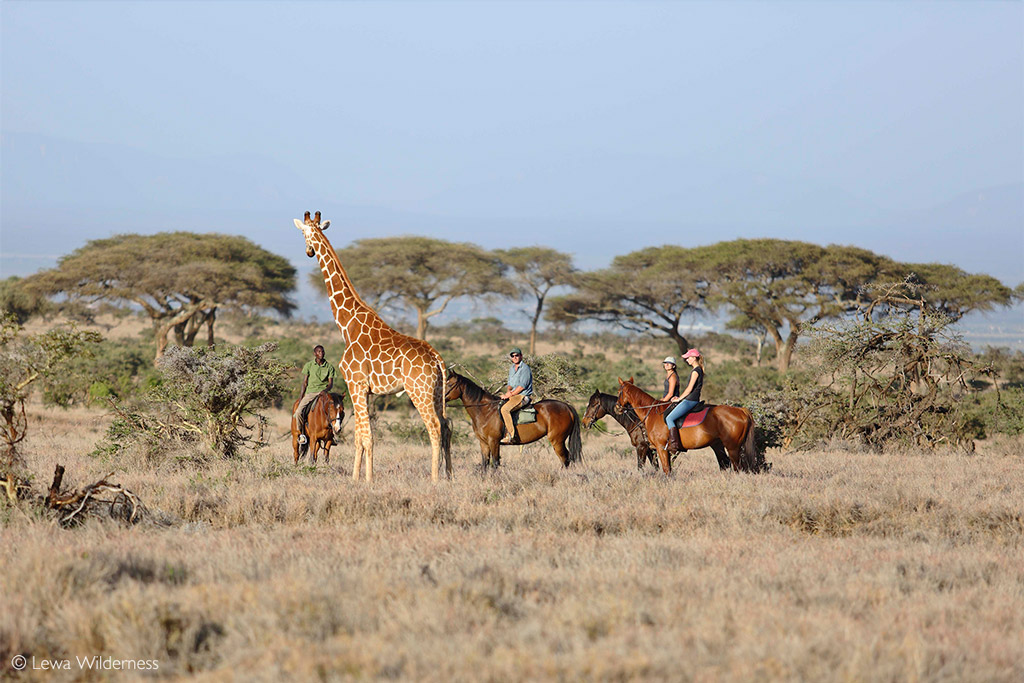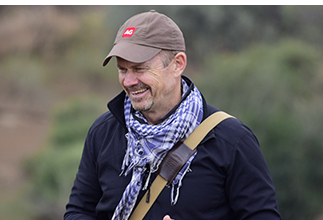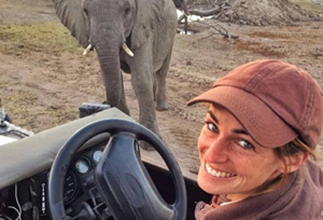
This is a copy of our weekly email newsletter. Subscribe here to receive the newsletter.

I met an eccentric Australian couple years back while hosting AG safari clients in Uganda – including an epic few days on the mighty River Nile at Murchison Falls. I say ‘eccentric’ because I have never before seen such intense, almost child-like, passion for nature, blended with a clear scientific focus and interpretation of what they encounter. Bob and Sally are extremely experienced and qualified scientists. We have since become close friends, with regular meetings in various places across Africa. And they hosted Lizz and me in Perth when we visited the Australian outback to assist in the annual count of the rare and gobsmackingly beautiful Gouldian finch. It was Bob who identified the fig tree in my garden, which I refer to in last week’s note.
I mention these two wonderful humans because this dreadful pandemic has cauterised personal encounters, and I miss their energy and insatiable appetite to learn from their observations. I am sure that many of you have similar stories and that you all miss your African safaris.
Hang in there; this too shall pass.
Keep the passion

Simon Espley – CEO, Africa Geographic
From our Scientific Editor

A pair of Cape sparrows have taken up residence in the rafters of my loft. Perhaps it is my imagination, but a distinct glint in the male’s eye seems to emphasise the fact that spring is well on its way. After a few long, cold (and, in the highveld, ugly) months, this is a thrilling prospect.
Our first story takes a somewhat chilling look at the first observation of chimpanzees attacking and killing infant gorillas. The question as to why may well go to the heart of our human evolutionary history.
The second story of the week is a celebration of resilience: in this case, the gradual return of Murchison Falls National Park to one of Uganda’s (and Africa’s) premier safari destinations. And finally, our third story examines research on the impact of a tourism growth corridor in Namibia. Assessing the contribution of tourism to rural communities is one of the first steps in developing long-term, sustainable strategies for the future.

Story 1
https://africageographic.com/stories/chimps-kill-baby-gorillas/
PRIMATE WARS
Chimps kill gorilla babies in two separate incidents in Loango National Park, Gabon – the first time the behaviour has ever been observed
Story 2
https://africageographic.com/stories/murchison-falls-national-park/
MURCHISON MAGIC
Uganda’s Murchison Falls: home to a smorgasbord of wildlife and diversity set against the backdrop of the spectacular Nile River
Story 3
https://africageographic.com/stories/does-tourism-benefit-local-people-a-namibian-case-study/
INTERESTING
Does tourism always benefit local people? A new study of an established project in Namibia suggests not
 TRAVEL DESK UPDATES:
TRAVEL DESK UPDATES:
• Wondering what a Maasai Mara safari is like under the Covid shadow? This review of a recently completed safari speaks volumes: Trustpilot.
• Xigera Safari Lodge in Botswana’s Okavango Delta has undergone a stunning refurbishment – can YOU imagine reclining on the catwalk with your ice-cold G&T? Check out this video that had teamAG drooling. Also check out an African wildlife safari.
• Finally some great news – let’s just hope the rest of UK and Europe follows suit. Quarantine scrapped for vaxxed Irish tourists to SA.
 DID YOU KNOW: More than 900,000 insect species have been described – estimates for yet-to-be described species range from 2 – 30 million!
DID YOU KNOW: More than 900,000 insect species have been described – estimates for yet-to-be described species range from 2 – 30 million!
To comment on this story: Login (or sign up) to our app here - it's a troll-free safe place 🙂.![]()







